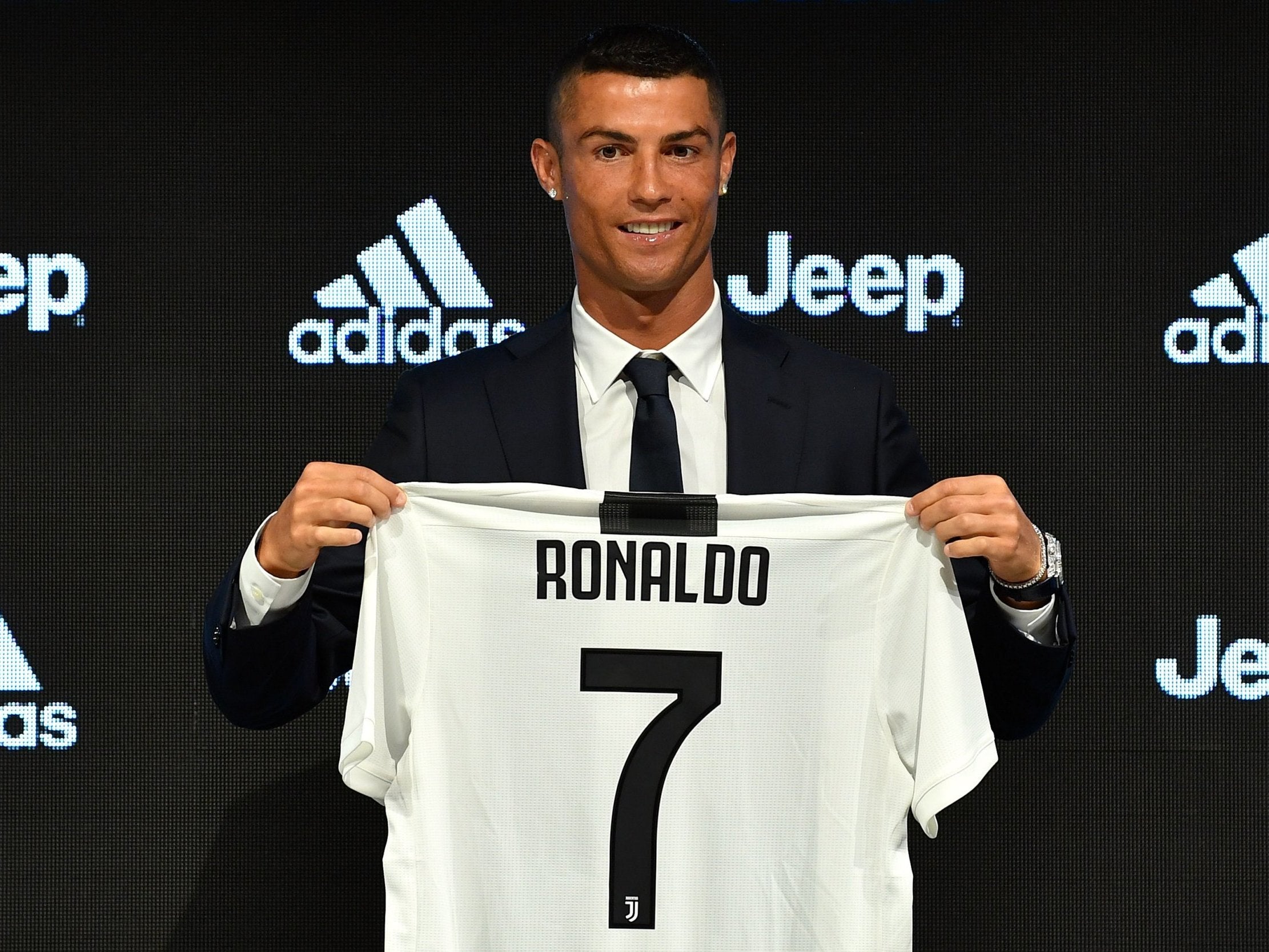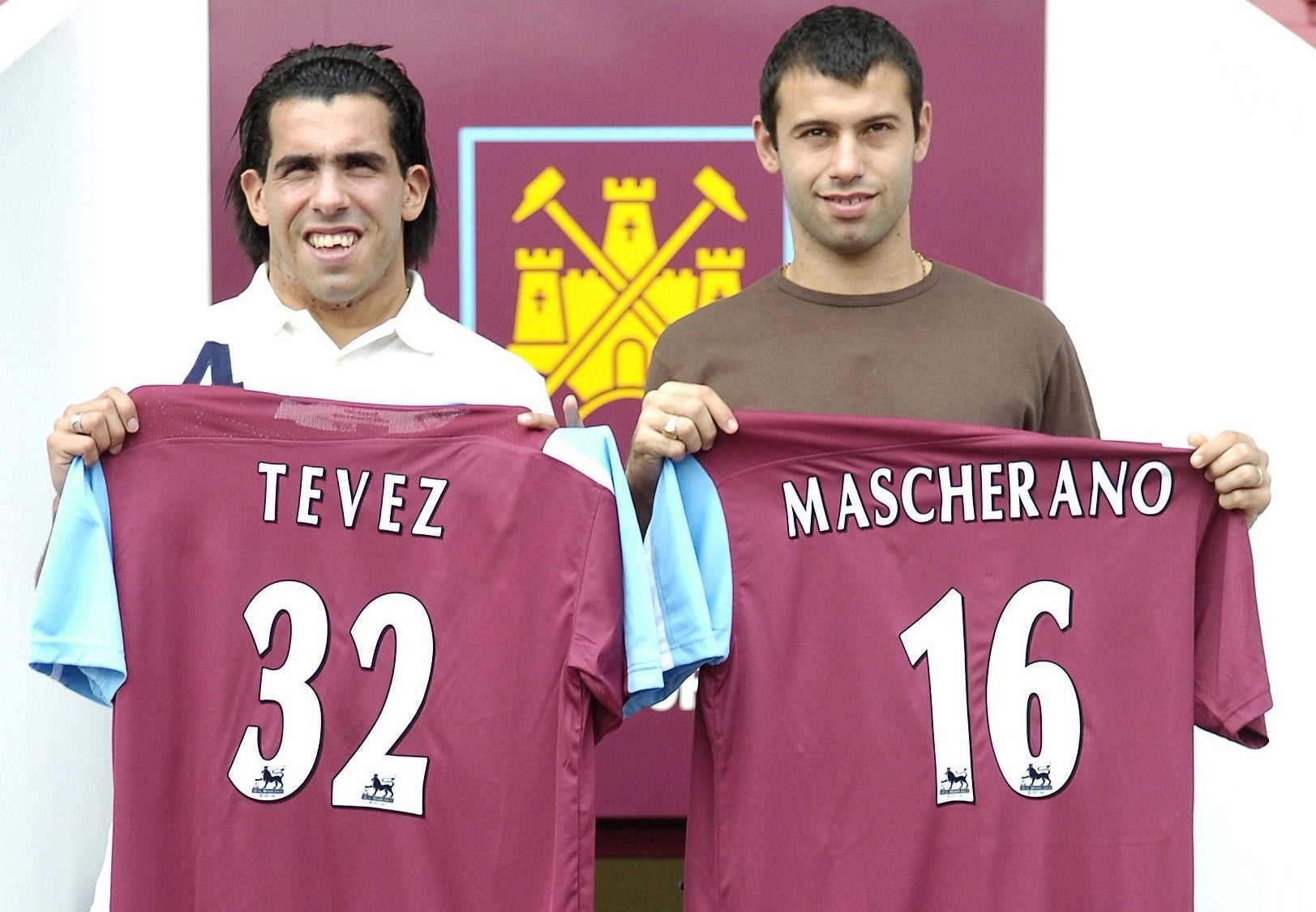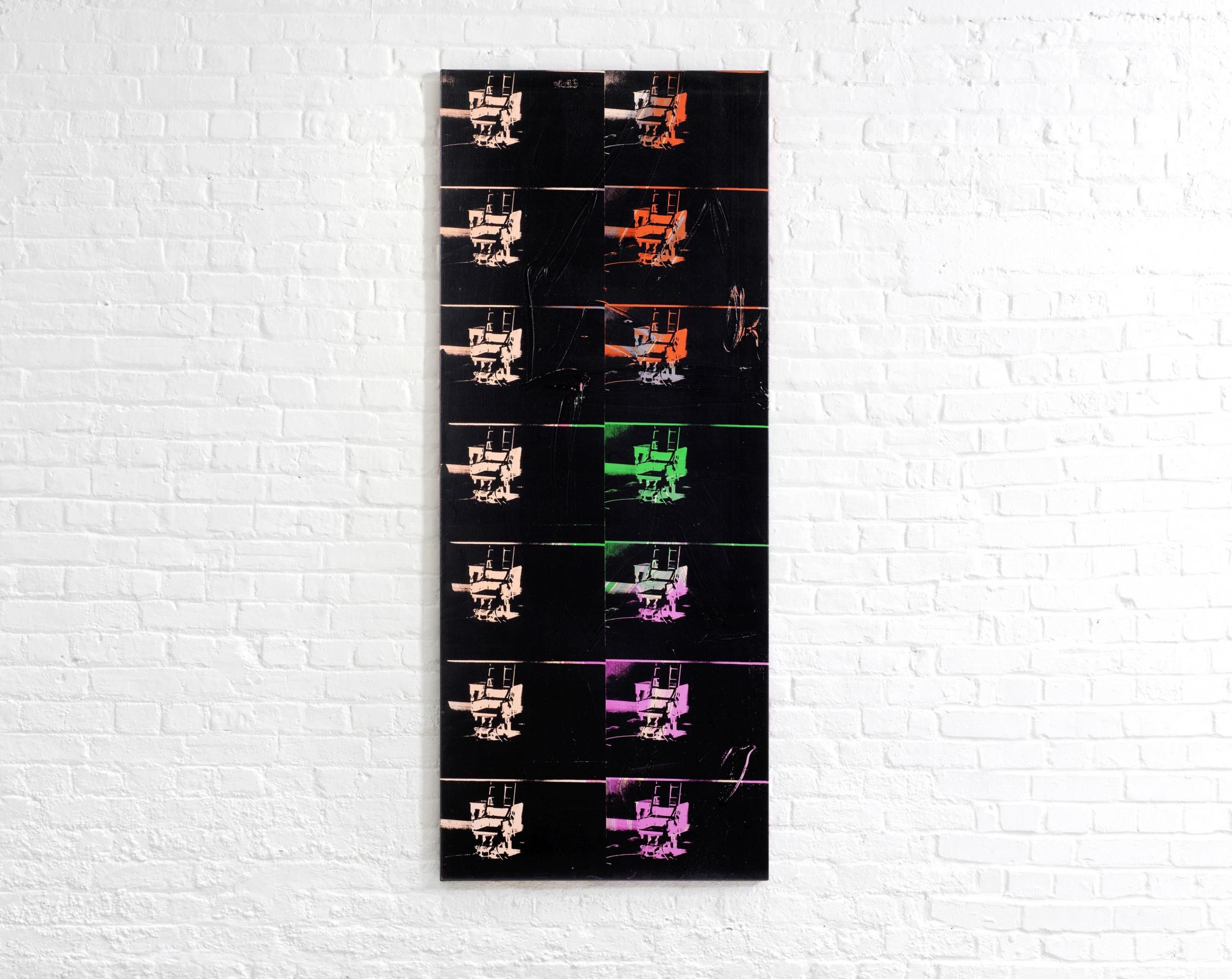Transfer news: Is 'tokenisation' of players the future of football deals?
Everything from bitcoin to art can be traded using blockchain technology – but what about players?

In the late summer of 2006, two highly-rated South American footballers moved to West Ham in one of the most controversial signings of the Premier League era. Carlos Tevez and Javier Mascherano transferred from Corinthians, but the Brazilian club had not actually owned them. A consortium of mysterious companies held the economic rights to the players, causing complications with contracts that eventually resulted in West Ham being fined a record £5.5 million.
The saga resulted in the Premier League abolishing third-party ownership of players in 2008. But that same year, a paper was published describing a revolutionary technology that held the potential to transform the way assets are owned, traded and sold. It was called the blockchain.
A decade after Satoshi Nakamoto’s paper was published, thousands of applications have already been built using blockchain technology, including the first and most famous cryptocurrency: bitcoin. The decentralised online ledger Nakamoto described allows assets, such as a digital currency, to be divided into digital tokens and traded through a smart contract system that is both transparent and permanent.
Famous footballers have already been jumping on the blockchain bandwagon. Earlier this year Michael Owen launched his own cryptocurrency and Lionel Messi recently endorsed a blockchain smartphone. But what if players were actually on the blockchain itself? This is the idea of some payments experts, who believe the technology could one day transform the football transfer market.
“The ledger entry for a single player could be divided into multiple shares, each capable of being sold individually to create a fractional ownership scheme,” Lu Zurawski, practice lead for retail banking at payments systems firm ACI Worldwide, told The Independent. “Depending on the type of ledger technology used, these shares would be tradable and could be bought and sold via exchanges – teal folding money being used in exchange for player tokens.”

So while the rights for a player would remain with the club they play for, the creation of a secure, verifiable and immutable record of ownership in the form of a blockchain-based ledger would allow fans or investors to own a stake of the players. It would also facilitate greater trust and transparency for players, agents, clubs and authorities.
“Given the murky reputation of football dealings at all levels of the game, such a system might be a great way of cleaning up tax evasion, money laundering and, potentially, modern day slavery,” Mr Zurawski explained, adding that the Premier League or football governing bodies like UEFA or FIFA would need to be onboard with such schemes before they achieve ubiquity.
Premier League rules now state that third parties – essentially anyone or anything that isn’t a recognised football club – can trade players. Fifa, football’s world governing body, also banned the practice in 2015, though there are reasons to suggest that there are ways round both
Former England football manager Sam Allardyce was notoriously sacked by the Football Association after he was secretly filmed by reporters claiming that there were ways to “get around” the rules surrounding third-party ownership.
So before any kind of tokenisation of players occurs, rules would need to be changed. Unlike the Tevez and Mascherano saga, however, tokenising footballers would make any issues surrounding the ownership of a player entirely transparent.
Tokenisation is already being adopted in other sectors, including the art world. Last month, a multi-million pound work of art by Andy Warhol was auctioned as digital certificates, allowing investors to own a fraction of the iconic Fourteen Small Electric Chairs piece.The platform behind the sale said the first-of-its-kind auction was “democratising access to fine art,” as now “anyone can own a Warhol.”

One of the most obvious areas that tokenisation could prove majorly beneficial is property. Property is one of the best investments currently available, but for many, especially large number of millennials looking to get themselves on the property ladder, it is unaffordable.
Through tokenisation buyers will have the option to work with investors rather than banks, where the funds can be made more accessible and the approval periods can be much quicker and streamlined. Through tokenisation investors will also be able to diversify their capital by investing in portfolios not individual properties which will spread the risk and allow for a wider variety of assets.
One platform that is already allowing this is HiP, which puts properties on its platform and allows buyers to finance them through investors.
Kai Peeters, founder and CEO of HiP Property, told The Independent: “Fractionalisation by tokenisation or other means will be particularly beneficial for the property market as it will enable unlocking currently tied up property wealth that owners are sitting on without selling their property or buying into equity release, refinance or bridge loaning products.
“All of these things penalise the buyers unfairly by contracting them into increased interest payments or even compound interest loans in case of equity release.”
Possibilities beyond football players, art and property are nearly endless. Almost any asset that holds any amount of value could be placed on the blockchain.
Ross Peet, a managing partner at the London-based ideas agency Yes&Pepper says the technology could eliminate vast swathes of bureaucracy by cutting out the need for brokers and other middlemen - while also making transactions quicker, cheaper and more transparent.
“The days of trading assets through complex paperwork and red tape could well be numbered as the world is gearing up to embrace blockchain. This introduces the possibility to conduct online transactions of any assets that can be digitised, whether that be a piece of music or deeds to a house, through a trusted, decentralised democratic system,” Mr Peet told The Independent.
“If you follow that chain of thought to its ultimate conclusion we could be entering Star Trek territory where the Tokenisation of Everything (TOE) will mean money becomes obsolete and we can exchange anything for anything. Next stop the stars. Proper, big, world changing, future thinking, awesome stuff."
Join our commenting forum
Join thought-provoking conversations, follow other Independent readers and see their replies
Comments
Bookmark popover
Removed from bookmarks